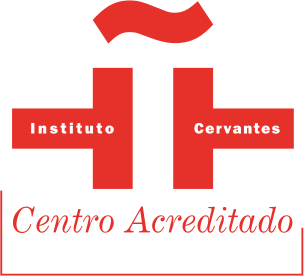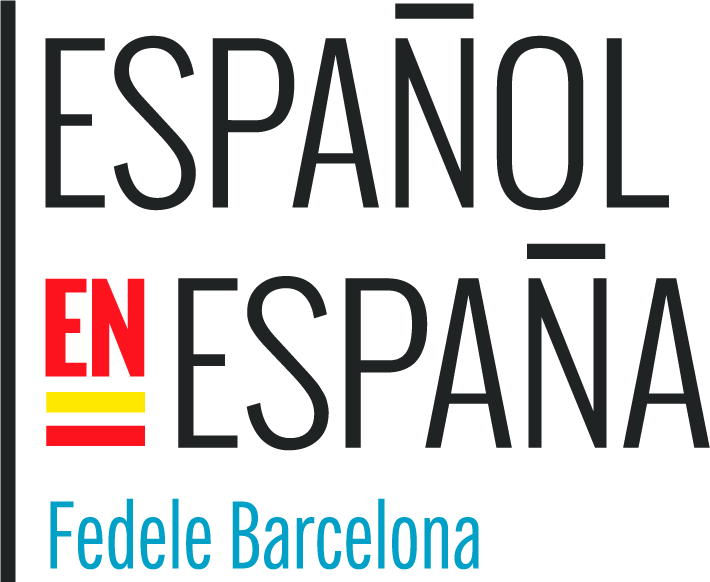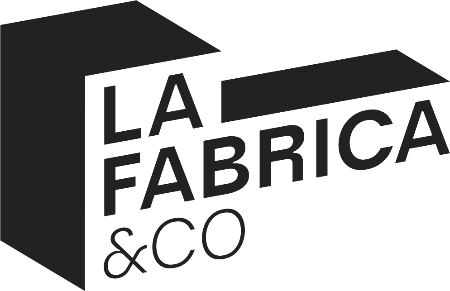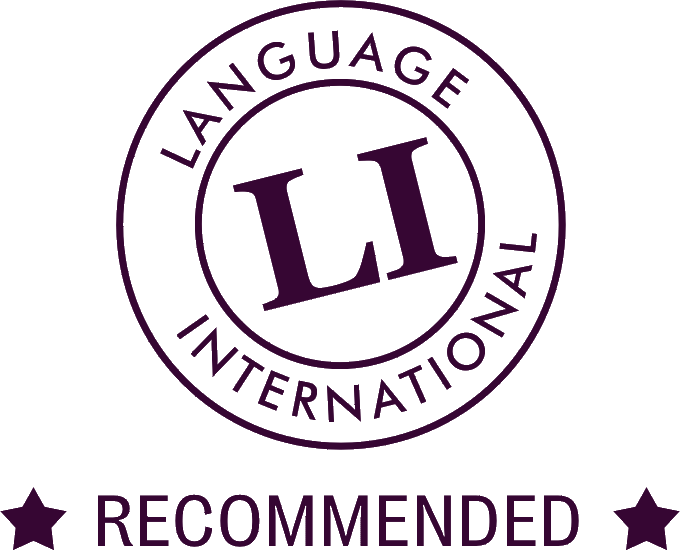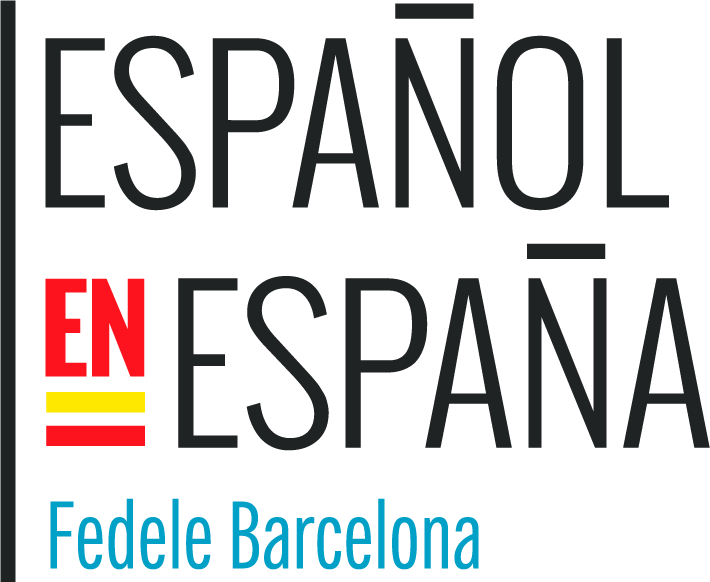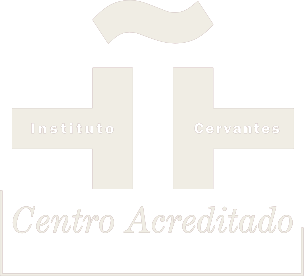
There are many reasons for wanting to work while you study. By doing so, you can earn money to cover food, accommodation, and even leisure activities, rather than relying on your parents or draining your savings. Salaries vary depending on your job and whether you are employed or on an internship.
Often, students work alongside their studies to practice their Spanish in a real-world environment. Conversations at work are spontaneous and can jump from topic to topic. By working in Spain, you are forced to exercise your Spanish and think on your feet, improving your listening comprehension and vocabulary.
A workplace can also be a great source of social contact. By working in your free time, you can meet a variety of different people, even some you wouldn’t usually communicate with. Working expands your social circle as workmates become friends.
Working in Spain also allows you to learn a lot about Spanish culture: How do people interact? Is there a strong hierarchical structure? How do people feel about overtime? What is the Spanish attitude towards money? By working among locals, you will find answers to these questions and learn about important cultural aspects you may not have access to otherwise.
Can Anyone Work and Study in Spain?
Generally speaking, it is possible for anyone to work in Spain while studying, as long as they meet the criteria for a work permit. However, the rules differ for EU and non-EU citizens.
EU/EEA/Swiss Citizens: If you hold an EU, EEA, or Swiss passport, you do not need a visa to live and work in Spain. You may work as many hours as you like under the same conditions as a Spanish national. However, if you intend to stay in Spain for more than three months, you must register at the foreigners’ office, obtain a residency certificate, a Foreigner’s Identity Number (NIE), and a TIE residence card. You may also need to show proof of health insurance, your employment contract, proof of funds, proof of enrollment at an educational institution, and your passport or ID.
Non-EU/EEA Citizens: For non-EU/EEA international students of language courses, working in Spain is more challenging. You may only work part-time (30 hours per week) until the end of your student visa. Your employer must apply for a work permit on your behalf after you have secured a job. Students are not allowed to work more than five hours per day. This is closely monitored, and you are responsible for tracking this.
You are also expected to have other means of financial support, such as your own savings or an allowance from your parents. If the foreigners’ office believes that working could hinder your studies, they can decline your application or revoke it at any time.
Job Opportunities for Students
Finding a job without assistance can be tough for international students due to heavy competition and the prevalence of full-time positions. Students often end up in temporary jobs in restaurants, tourism, bartending, leaflet distribution, supermarkets, or department stores. These jobs may help improve your Spanish and provide some income but are not usually career-boosting roles.
If you want a job that will help further your career or look great on your resume, an internship is the best option. Not all internships in Spain are paid, and when they are, the pay is not high. Think of an internship as a stepping stone to a permanent job. Many companies use internships as an audition for full employment. If you need a salary to supplement your stay in Spain, ensure the internship you apply for is remunerated.
The easiest way to find a quality internship is via agreements between your school and partner businesses/organizations.
Documents Required
To apply for your work permission, you will generally need the following documents:
- A valid passport
- A valid TIE with a minimum validation of 3 months
- Signed work contract (with your and your employer’s signatures)
- Documentation showing that work will not interfere with your studies
- EX-12 application form completed and signed by your employer








